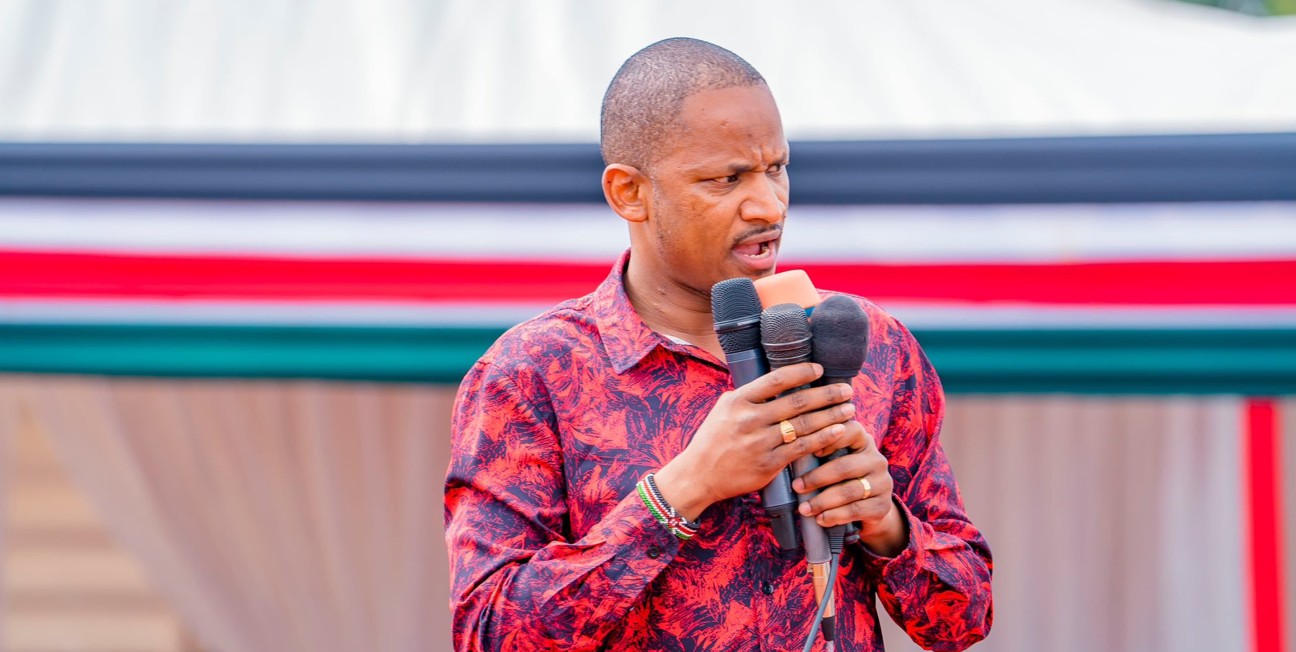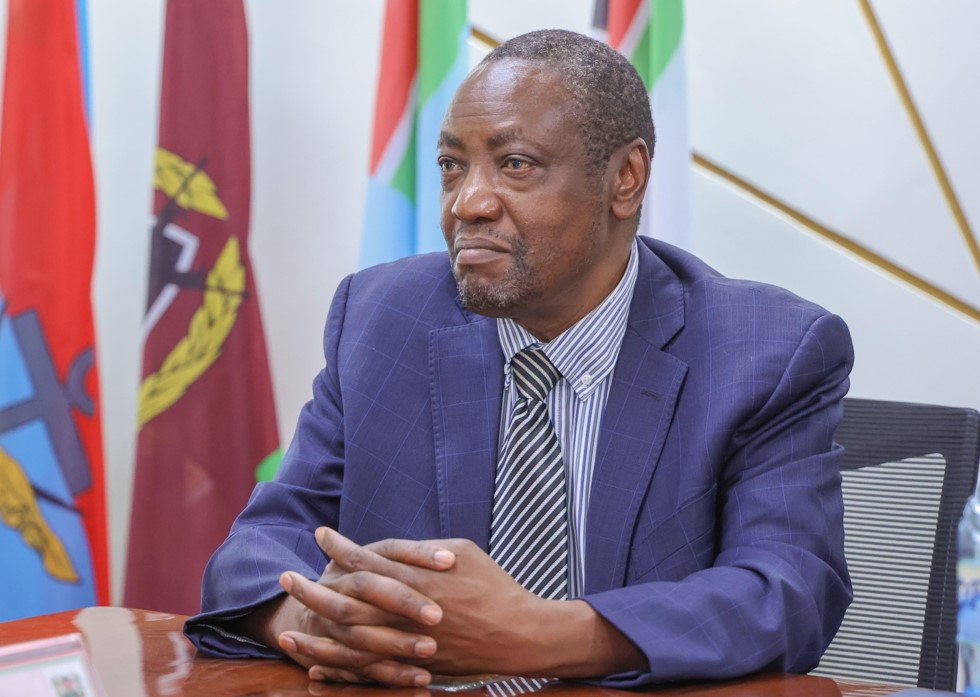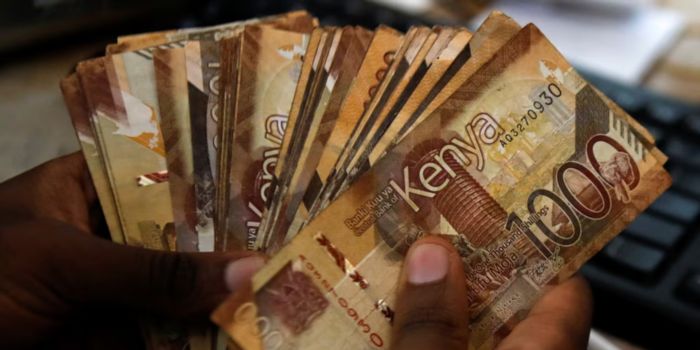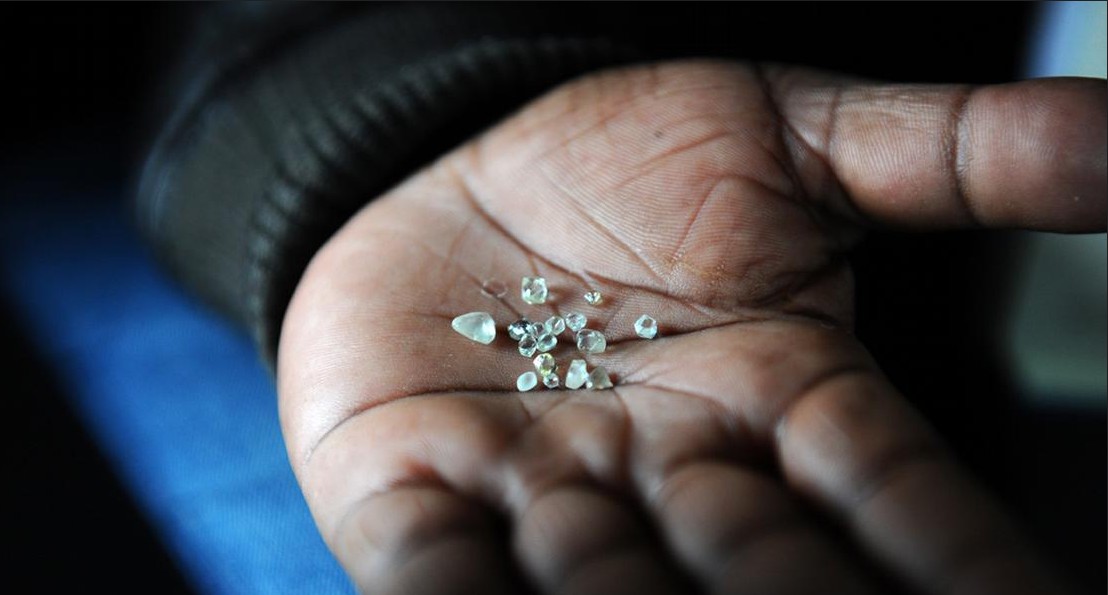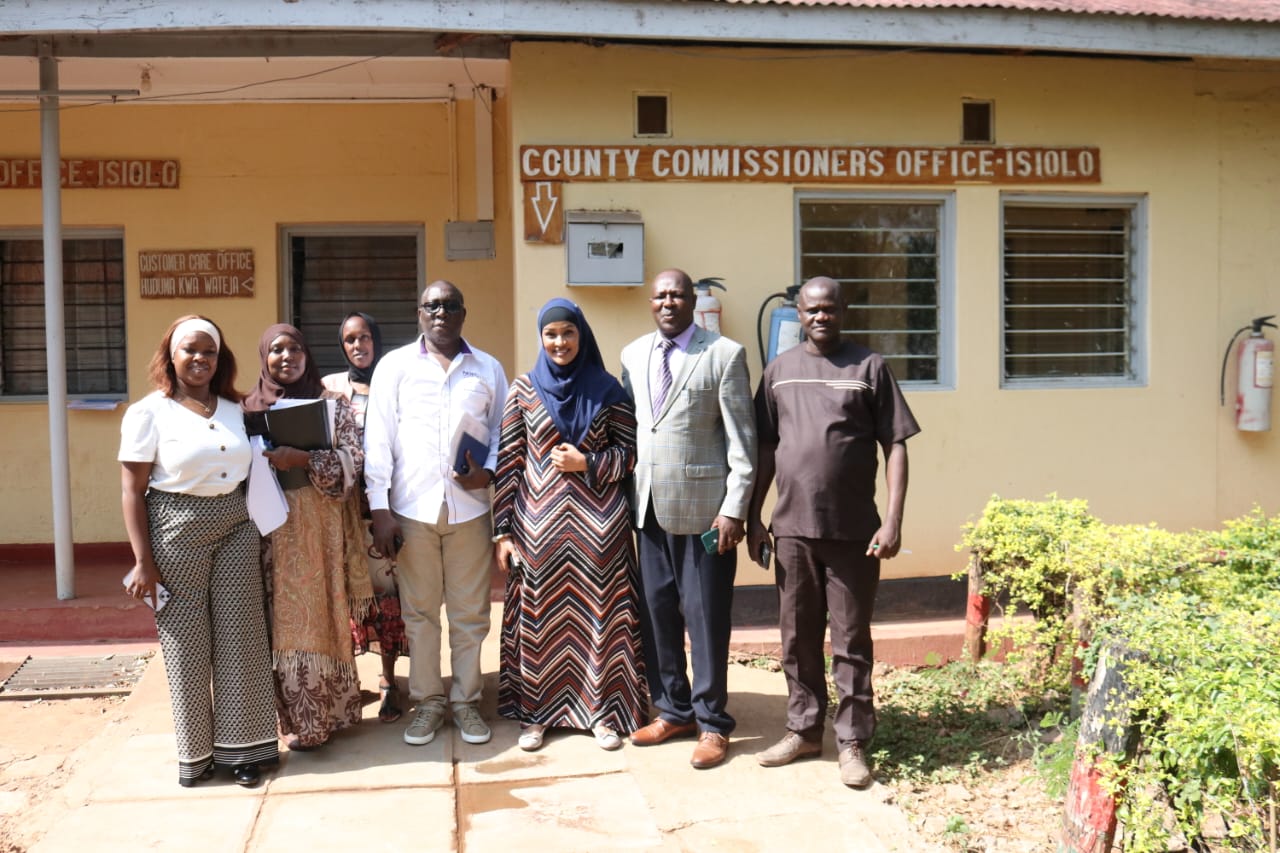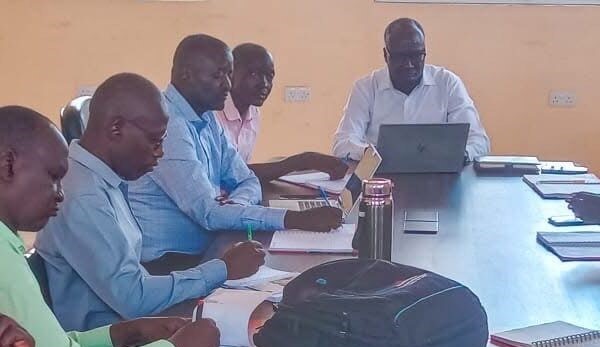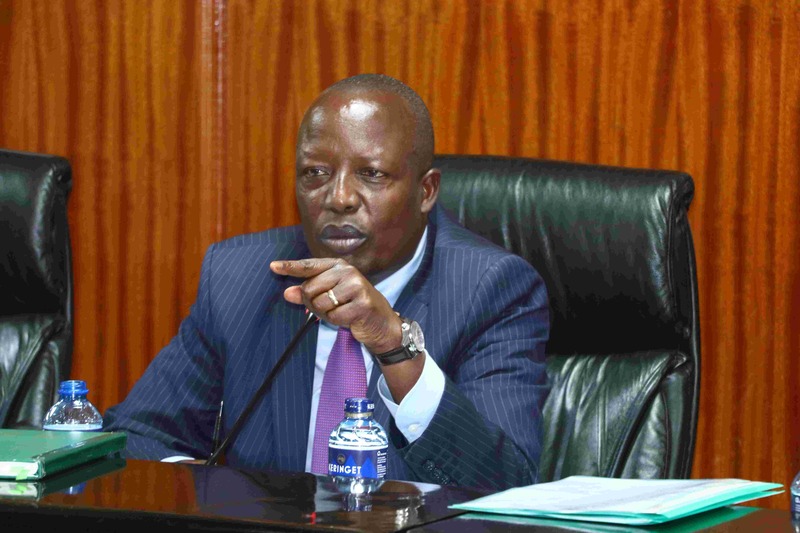Treasury CS John Mbadi explains why State shunned subsidy as fuel prices hike

Fuel subsidies previously helped keep prices in check, preventing increases of up to Sh9 per litre for diesel, Sh7 for petrol, and Sh8 for kerosene. But over time, the fund has come under strain, especially when its collections were diverted to cover unrelated expenditures.
Treasury Cabinet Secretary John Mbadi has defended the government’s decision not to cushion consumers from the recent sharp increase in fuel prices, saying the State must choose carefully when to intervene due to pressure on the Petroleum Development Levy (PDL) fund.
“The government chooses when to intervene. Epra felt we did not need to do it (apply a subsidy) this time. Remember that the kitty has other uses, and you can deplete the kitty. Epra felt that the increase in pump prices could be absorbed, but if we see prices going higher, then the government will intervene,” Mbadi said on Tuesday.
More To Read
- Sidi Ould Tah takes helm at AfDB, unveils 100-day reform plan
- Nearly entire global population exposed to harmful environments - World Bank
- AfDB, AfCFTA and Africa50 sign MoU to unlock continent’s trade potential
- Kenya to require foreign oil firms to partner locally under new EPRA regulations
- World Bank warns of 'lost decade' as global growth slows to three-decade low
- Nearly half of Kenyan mobile users targeted by scams - World Bank
His remarks come as Kenyans face the steepest fuel price increase in two years. In the latest monthly review that runs until August 15, the Energy and Petroleum Regulatory Authority (Epra) did not apply any subsidy, marking the second straight month the government has held back from using the fund.
The previous price cycle, between June 15 and July 14, also went without support from the PDL kitty.
As a result, pump prices jumped sharply. In Nairobi, a litre of petrol rose by Sh8.99 to Sh186.31, while diesel increased by Sh8.67 to Sh171.58. Kerosene, which is mainly used by low-income households, climbed the most, by Sh9.65 to Sh156.58 per litre.
The government has yet to confirm whether the PDL fund is depleted, but recent actions point to mounting pressure on the kitty.
In the year to June 2024, the State illegally withdrew Sh58 billion from the Railway Development Levy to finance fuel subsidies, raising concerns about whether the PDL fund had already run out or was insufficient.
Fuel subsidies previously helped keep prices in check, preventing increases of up to Sh9 per litre for diesel, Sh7 for petrol, and Sh8 for kerosene. But over time, the fund has come under strain, especially when its collections were diverted to cover unrelated expenditures.
From July 2023 to March this year, the government collected about Sh43.9 billion through the PDL, which is charged at Sh5.40 per litre of petrol and diesel, and Sh0.40 per litre of kerosene.
While meant to stabilise fuel prices, the levy’s impact has weakened due to off-budget spending and legal breaches in how the funds are used.
One notable example came during the 2020/21 financial year, when the government withdrew Sh18.1 billion from the PDL and used it to pay a Chinese firm operating the Standard Gauge Railway.
This went against the law, which requires PDL funds to remain within the petroleum sector.
The International Monetary Fund (IMF) flagged Kenya’s fuel subsidy programme as a major fiscal risk and directed the government to publish a full audit by January this year.
Kenya had also committed to only subsidising fuel when there was enough money in the PDL fund.
Delays in paying oil marketers under the subsidy scheme have previously forced the government to borrow. Two years ago, the Treasury floated a bond worth Sh45 billion to clear debts owed to fuel suppliers, underscoring the risks of depending on subsidies without adequate resources.
Despite these challenges, the PDL has been used to shield Kenyans from high fuel prices, with the government only skipping the fund four times between July last year and now. The recent increase of the Roads Maintenance Levy from Sh18 to Sh25 per litre of fuel has made the subsidy even more important in managing prices.
However, with the fund now under pressure and the government taking a step back from offering relief at the pump, many consumers are likely to continue feeling the financial squeeze in the months ahead.
Top Stories Today
